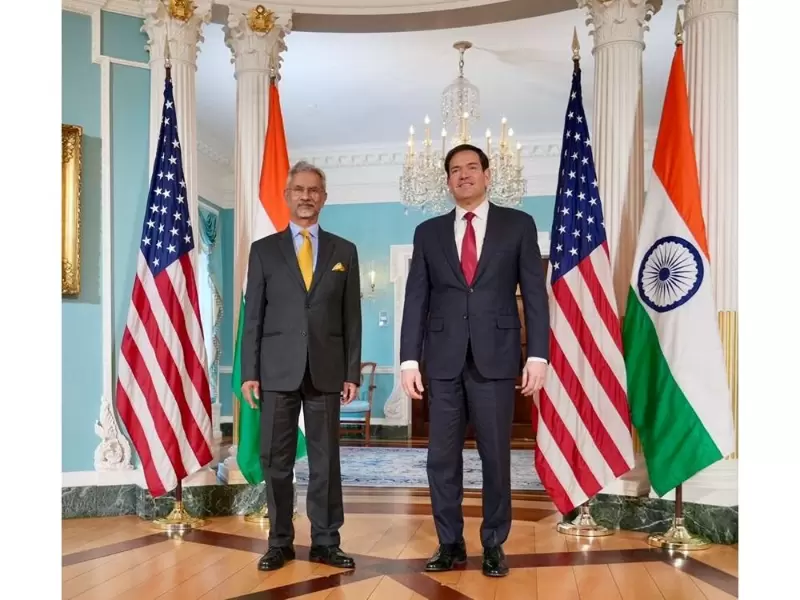The Boy Who Told BigB to Skip the Instructions — and Why Everyone Lost It
When a confident 10-year-old interrupts a celebrity on TV, it exposes less about him and more about how adults react to unpredictability.
 A grab from the KBC Minor episode. / KBC
A grab from the KBC Minor episode. / KBC
A 10-year-old from Gujarat recently went on national television, asked Amitabh Bachchan on the Kaun Banega Crorepati show to skip the rules, acted like he knew more than he did, chose the wrong answer with full confidence, and left the show with nothing. That was enough for social media to light up like it had caught a national scandal.
Highly satisfying ending!
— Soni Yadav (@Soniyadav646) October 12, 2025
I'm Not saying this about the kid,but the parents.if you can't teach your kids humility,patience, and manners, they turn out to be such a rude overconfident lot.not winning a single rupee will surely pinch them for a long time. #KBC #KaunBanegaCrorepati pic.twitter.com/ZW1CfRP4Ak
The boy, Ishit Bhatt, didn’t “behave” like the perfectly mannered child people expect on TV. That alone seemed to offend a section of the internet. Some blamed the parents. Others declared it a “parenting failure”.
Then a different perspective entered the conversation. Chandigarh-based teacher Shekhar Dutt said people should stop shaming the child and instead understand the “Six-Pocket Syndrome” — kids who grow up with the full attention of two parents and four grandparents, surrounded by resources, praise and comfort.
Psychologist Dr. Sushma Gopalan explained to India Today that children aren’t being rude on purpose — they’re still learning how to handle emotions. Adults, meanwhile, prioritise obedience, politeness and the appearance of humility. Catherine Steiner-Adair added that instant gratification has rewired how kids tolerate frustration.
A Cambridge-based psychologist and author of The Big Disconnect: Protecting Childhood and Family Relationships in the Digital Age, Catherine Steiner-Adair, told the Boston Globe, “There are social skills parents want to cultivate that technology can disrupt. Kids are interrupting more and showing decreased tolerance for frustration in ordinary exchanges because their brain is used to instant gratification."
A few voices online kept it simple: maybe the child was just being a child.
The debate has been on across borders, too. On Reddit, Indian-origin parents in the U.S. have been asking how to raise confident kids without confusing or harming them in the process.
The answers sounded like a mix of therapy sessions and cultural navigation:
· Build pride to counter shame
· Don’t isolate kids from the culture they live in
· Don’t confuse money with attention
· Talk about mental health and ADHD
· Stop treating silence as respect
Kids today aren’t being raised in the same world their parents grew up in. They’re shaped by devices, constant visibility, online validation, short attention spans and overwhelmed adults. Yet society still expects them to behave by older standards — politeness over expression, compliance over curiosity, performance over emotional awareness.
So, when a confident 10-year-old interrupts a celebrity on TV, it exposes less about him and more about how adults react to unpredictability. The same goes for parents abroad trying to raise children between cultures. Control no longer guarantees good outcomes — or belonging.
Parenting is changing. It’s moving away from obedience and presentation, and toward context, flexibility, emotional understanding and the ability to live with uncertainty. A child who interrupts, experiments or fails publicly isn’t a problem — they’re a reflection.
Kids today are navigating confidence, exposure, technology and cultural overlap in ways older generations never had to. Adults are responding based on their own upbringing, fears and expectations.
The conflict isn’t about good or bad kids, or good or bad parenting. It’s about timing. Childhood has sped up. Adulthood has to adapt.
Some kids sound bold long before experience catches up. Some grow up between cultures and don’t inherit the instincts their parents assume they will. Some interrupt not to offend, but because digital life has trained their brains to move faster than social etiquette. Some parents give more freedom than they ever got. Others tighten control because uncertainty scares them.
There isn’t a villain here — not the child, not the parent, not the culture around them. What we’re seeing is a clash of expectations, pace and emotional language in a world where everyone is still catching up.
ADVERTISEMENT
ADVERTISEMENT
E Paper
Video




1759953093.png) Staff Reporter
Staff Reporter













Comments
Start the conversation
Become a member of New India Abroad to start commenting.
Sign Up Now
Already have an account? Login